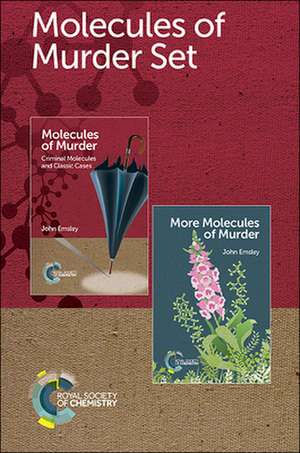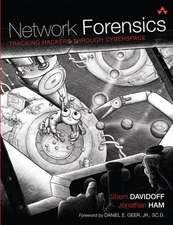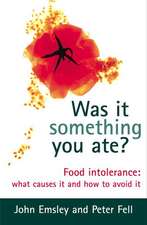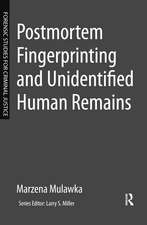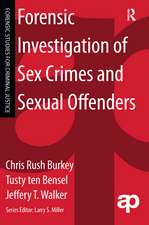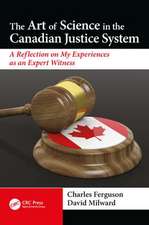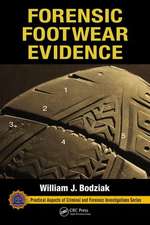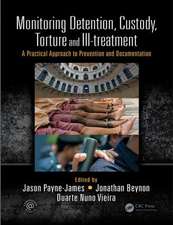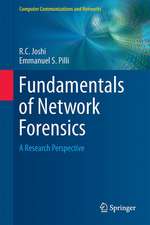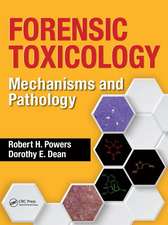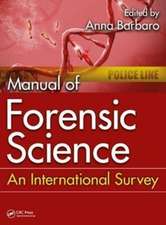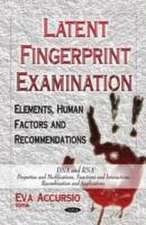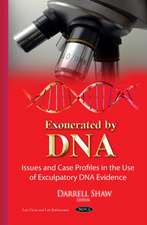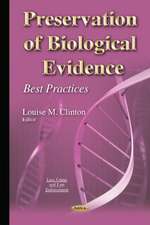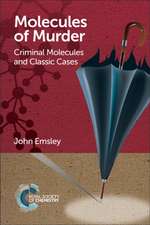Molecules of Murder Set
Autor John Emsleyen Limba Engleză Hardback – 22 iun 2017
How can a plant as beautiful as the foxglove be so deadly and yet for more than a century be used to treat heart disease? The same is true of other naturally occurring molecules as will be revealed in these two books from award-winning author and chemist, John Emsley.
Molecules of Murder and More Molecules of Murder deal with potential poisons from man-made and natural sources. Both books investigate the crimes committed with them, not from the point of view of the murderers, their victims, or the detectives, but from the poison used. In so doing the books throw new light on how these crimes were carried out and ultimately how the perpetrators were uncovered and brought to justice. The crimes include those committed by infamous murderers and also famous victims like Harold Shipman, Alexander Litvinenko and Georgi Markov.
Each chapter starts by looking at the target molecule itself, its discovery, its chemistry, its often-surprising use in medicine, its effects on the human body, and its toxicology. The rest of the chapter is devoted to murders and attempted murders in which it has been used. But, be reassured that murder by poison is not the threat it once was, thanks to laws which restrict access to such materials and to the skills of analytical chemists in detecting their presence in incredibly tiny amounts.
Preț: 262.02 lei
Nou
50.14€ • 54.45$ • 42.12£
Carte disponibilă
Livrare economică 01-15 aprilie
Livrare express 18-22 martie pentru 44.88 lei
Specificații
ISBN-10: 1788011163
Pagini: 524
Dimensiuni: 235 x 156 x 29 mm
Greutate: 0.77 kg
Editura: Royal Society Of Chemistry
Textul de pe ultima copertă
How can a plant as beautiful as the foxglove be so deadly and yet for more than a century be used to treat heart disease? The same is true of other naturally occurring molecules as will be revealed in these two books from award-winning author and chemist, John Emsley.
Molecules of Murder and More Molecules of Murder deal with potential poisons from man-made and natural sources. Both books investigate the crimes committed with them, not from the point of view of the murderers, their victims, or the detectives, but from the poison used. In so doing the books throw new light on how these crimes were carried out and ultimately how the perpetrators were uncovered and brought to justice. The crimes include those committed by infamous murderers and also famous victims like Harold Shipman, Alexander Litvinenko and Georgi Markov.
Each chapter starts by looking at the target molecule itself, its discovery, its chemistry, its often-surprising use in medicine, its effects on the human body, and its toxicology. The rest of the chapter is devoted to murders and attempted murders in which it has been used. But, be reassured that murder by poison is not the threat it once was, thanks to laws which restrict access to such materials and to the skills of analytical chemists in detecting their presence in incredibly tiny amounts.
